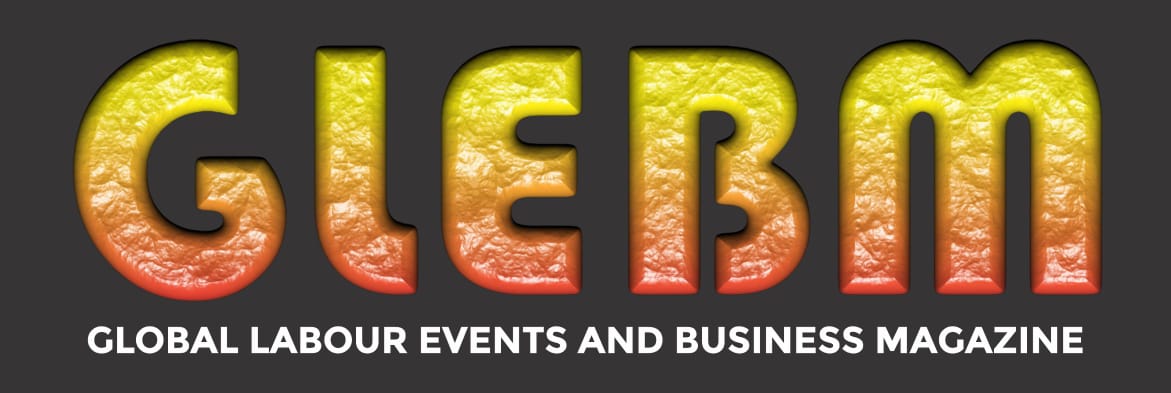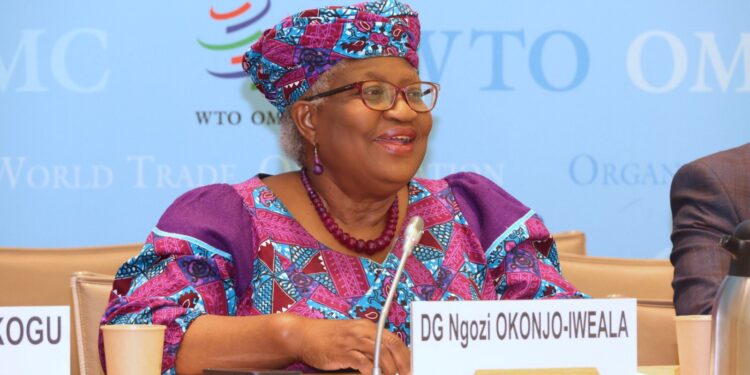By Raymond Akorede
Global Economic Outlook Threatened by Escalating US-China Tariff War
Dr. Ngozi Okonjo-Iweala, the Director-General of the World Trade Organization (WTO), has issued a stark warning about the potential long-term global economic damage caused by the ongoing tariff war between the United States and China. In a statement released on Wednesday, April 8, 2025, Okonjo-Iweala said the escalating trade tensions could result in a global real GDP contraction of up to 7%, an outcome that would severely impact countries worldwide, particularly the world’s most vulnerable economies.
“The negative macroeconomic effects of the US-China tariff conflict will extend far beyond the two superpowers,” Okonjo-Iweala stated. “Least developed countries (LDCs) will bear the brunt of this crisis, with trade fragmentation threatening to weaken global economic stability.”
Widespread Economic Disruptions Expected
According to WTO projections, a continuation of retaliatory tariffs and trade restrictions between the US and China could lead to an 80% collapse in bilateral merchandise trade, triggering significant global trade disruptions. Dr. Okonjo-Iweala emphasized that the US-China relationship, which represents approximately 3% of total global trade, plays a critical role in global supply chains. Any breakdown in this vital partnership would have widespread ripple effects, damaging economies far beyond the two largest economies in the world.
“The tit-for-tat approach between these two economic giants carries wider implications for the global economy,” Okonjo-Iweala said. “Our assessments show that a protracted trade war would significantly harm not only these countries but also others relying on global trade networks.”
Trade Diversion and Global Cooperation
In addition to the potential contraction in global GDP, Okonjo-Iweala highlighted the risk of “trade diversion”—where goods originally meant for one market are redirected to other regions, potentially destabilizing local economies and displacing domestic production. This, she argued, could lead to additional economic hardships, especially for emerging markets that rely heavily on exports.
The WTO chief stressed the urgency for nations to cooperate and resolve these issues through dialogue and collaborative efforts within the rules-based international trading system. “We must preserve the openness of the global trading system, particularly in this time of economic uncertainty,” Okonjo-Iweala urged, calling on all WTO members to take collective responsibility in addressing these challenges.
A Call for Global Action
The statement comes at a critical time when many countries are still recovering from the economic fallout of the COVID-19 pandemic and grappling with geopolitical instability. For emerging economies like Nigeria and others in the Global South, the ramifications of the US-China trade war could be severe, potentially limiting trade opportunities, reducing foreign direct investment, and causing volatility in global commodity markets.
Dr. Okonjo-Iweala concluded her remarks by calling for concerted global efforts to mitigate the effects of the ongoing trade dispute. “It’s imperative that we uphold the integrity of the global trading system and work together to ensure the stability and prosperity of the world economy,” she said.
As the trade tensions between the US and China continue to unfold, the WTO remains committed to facilitating dialogue and promoting solutions that safeguard the interests of all nations, particularly the most vulnerable.




